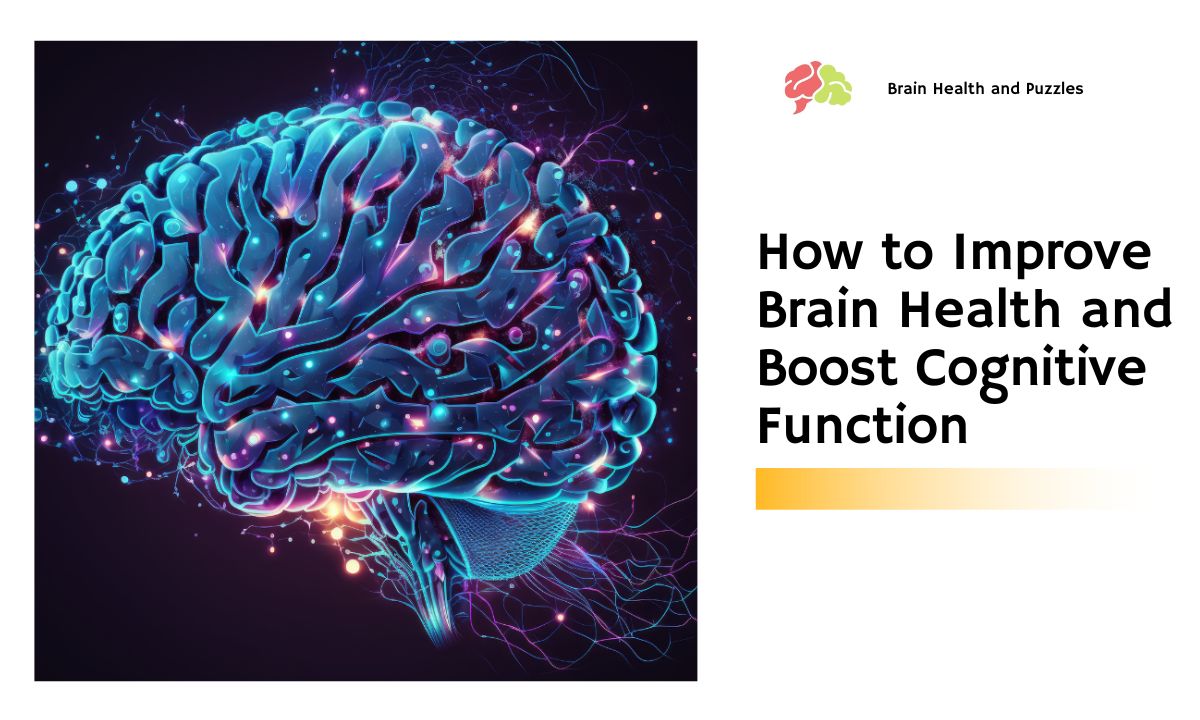The Human Brain – How Far Away Are We From Monkeys?

The genomes of humans and our closest animal relatives are amazingly similar. We share 98.4 percent of our genetic material with chimpanzees and bonobos. In fact, there’s only one chromosome different! But the human brain is very different from that of a monkey.
Studies show that we think and process sensory information very differently. The size of the human brain is believed to be the main difference that gave us an evolutionary advantage over our ape cousins.
Size Matters
 The major difference between the human brain and that of chimps and bonobos is size. Our brains are bigger and more complex. The human brain is 3 times bigger than the brains of apes, with 10 times the surface area.
The major difference between the human brain and that of chimps and bonobos is size. Our brains are bigger and more complex. The human brain is 3 times bigger than the brains of apes, with 10 times the surface area.
Recent research also shows that there is more blood volume in the brains of humans. The cerebrum of humans (the outer tissue of the brain) is much larger than that of any animal in proportion to body size.
Developmental Differences
The human brain takes a much longer time to develop to its full capacity than the brain of an ape. While monkeys’ brains take 136 days to develop fully, the human brain takes 470. This is over a year of development outside the womb before it’s performing all of its cognitive functions.
Speed Of Information Processing
New technologies also show that humans process information in more areas of the brain than monkeys and apes. While our simian cousins process most tasks in just one or two areas, the human brain does its processing in many more different areas. This has been revealed in fMRI (functional Magnetic Resonance Imaging) studies. This difference is specially marked in how we process visual information.
Faster Evolution
Evolutionary studies show that the human brain evolved much faster than ape brains over time. In other words, the evolutionary changes that occurred to create the human brain of today developed quickly. This is perhaps one reason why our brains are so different today, but the exact reasons behind this are unknown. Many anthropologists believe that the introduction of meat into the human diet was a major factor.
Language Processing
Interestingly, the processing of language seems to occur in the same areas of the brain between monkeys and humans. The reason why apes don’t speak is that they don’t have the vocal apparatus for it. While humans evolved this trait, apes didn’t. If they had, we humans might be the ones in the zoo instead!
It’s interesting to learn about the human brain and what makes it unique from those of the animal world. New technologies like neuroimaging, fMRI, computational studies, and genetic studies offer lots of ways to learn more about how the human brain is different.



